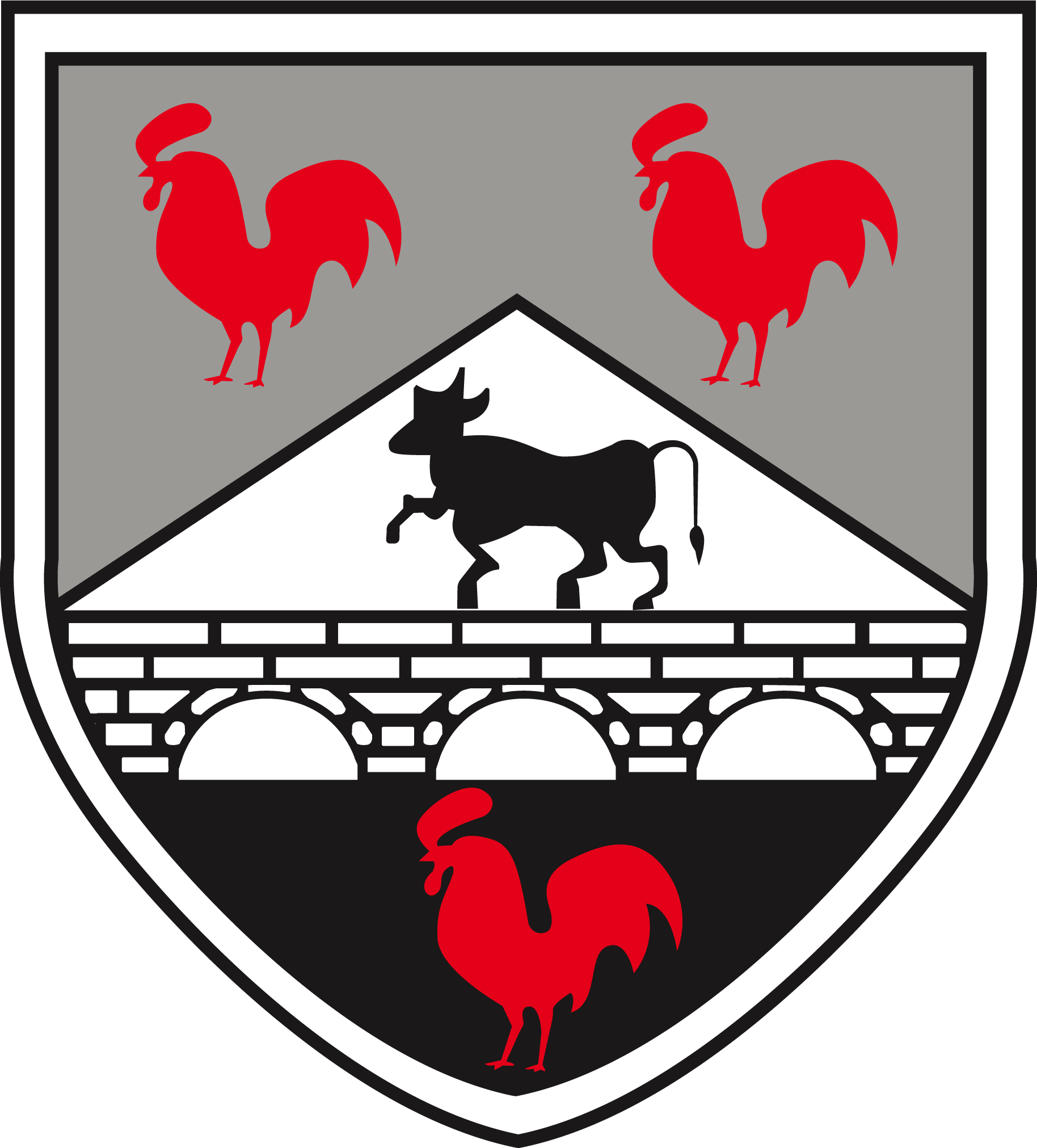
Governors' Annual Report 2025
Governors’ details
Chair of Governors - Mrs Hilary Drew
Clerk to the Governors - Mrs Simone Delaney
Address: C/O Cowbridge School, Aberthin Road, Cowbridge, CF71 7EN
| Governor Name | Governor Type | Term of Office End |
|---|---|---|
|
Mr David Farrell Mr Steve Blackman Mrs Katherine Kennedy Mr Charles Champion Mrs Jenny Smith Mrs Terri Vaughan-Taylor Mrs Hilary Drew Mr Martin Blamey Mr John Homfray Mr Michael Jose Mrs Helen Gentle Mr Julian Phillips Mrs Margot McIntyre Dr Ben Hall Mr Michael Faulds Mrs Gemma Carr-Evans Mr Nigel Pope Mr Richard Burgum Mr Jonathan Ling Mrs Debra Thomas |
LEA Governor LEA Governor LEA Governor LEA Governor LEA Governor Community Governor Community Governor Community Governor Community Governor Community Governor Parent Governor Parent Governor Parent Governor Parent Governor Parent Governor Parent Governor Staff Governor Teacher Governor Teacher Governor Headteacher |
09.10.2028 09.10.2028 31.08.2029 06.10.2026 01.04.2027 11.10.2027 11.10.2027 08.10.2028 08.10.2028 07.10.2025 10.10.2027 10.10.2027 10.10.2027 09.10.2028 09.10.2028 10.10.2027 21.02.2028 12.11.2027 12.11.2027 N/A |
Performance and target information
Information regarding the school's performance can be viewed here.
The School Improvement 'Big Picture' plan can be seen here.
Financial statement 2023 - 2024
The financial statement for 2023 - 2024 can be found here.
Organisation, plans and policies
All policies can be found on the school website here.
Healthy eating and drinking
Cowbridge School outsources its healthy eating catering provision to the Big Fresh. The Big Fresh provides catering across the 3-19 age-range. This year, the Big Fresh Catering management team were nominated for, and won, management team of the year for Wales in the regional LACA Wales (Local Authority Catering Association) awards ceremony.
https://www.bigfreshcatering.co.uk/services/schools/
https://www.bigfreshcatering.co.uk/primary-menus/
School Health Research Network (SHRN) data and reflection of pupils
Our biannual SHRN data has a clear focus on healthy food and fitness. Students from Cowbridge have consistently demonstrated a very positive outlook with regard to food and fitness. They have demonstrated (over the past 10 years) a more positive outlook towards eating a good breakfast every weekday, consuming regular portions of fruit and vegetables and keeping hydrated through drinking water (and avoiding fizzy drinks) than their peers in the local authority and Wales. In addition, Cowbridge students once again showcase, overall, a healthy attitude towards regular exercise and participating in sport, which is evidenced by the SHRN data.
Across the curriculum (3-19), all children receive education in line with the Curriculum for Wales 'Health and Wellbeing' and this includes being taught a range of topics including healthy eating and drinking.
Health, wellbeing and fitness continue to flourish at Cowbridge School
It has been another fantastic couple of months for the pupils at Cowbridge School. Attendance at after-school clubs has been outstanding in a huge variety of competitive and non-competitive activities.
Once again, our fabulous sixth form A-Level Physical Education pupils have gained accredited coaching qualifications at the start of the academic year and then put them to great use by volunteering / coaching a wide variety of our extracurricular clubs on a weekly basis. This "club-based" approach ensures that we have maximum participation rates and opportunities for our pupils in a wide variety of activities. Weekly clubs are available for pupils in activities such as Football, Netball, Hockey, Archery, Badminton, Gym, Fencing and Rugby.
Our pupils also continue to achieve at a performance level. We continue to celebrate the success of our many Regional, National and International athletes in a wide variety of sporting activities. We frequently use our Departmental Instagram account (@CowbridgecompPE) to recognise these outstanding achievements and celebrate success. We now have over 1,200 followers on this account, which helps us to promote the fantastic results and standards that are achieved by our pupils.
Finally, we continue to offer several sporting extracurricular trips and excursions for our pupils to provide an outstanding enrichment programme. The school has entered many national competitions and tournaments throughout the country in a wide variety of activities. In addition, we have also run two ski / snowboard trips to Austria during the academic year when over 150 pupils had an opportunity to experience the thrill of the slopes.
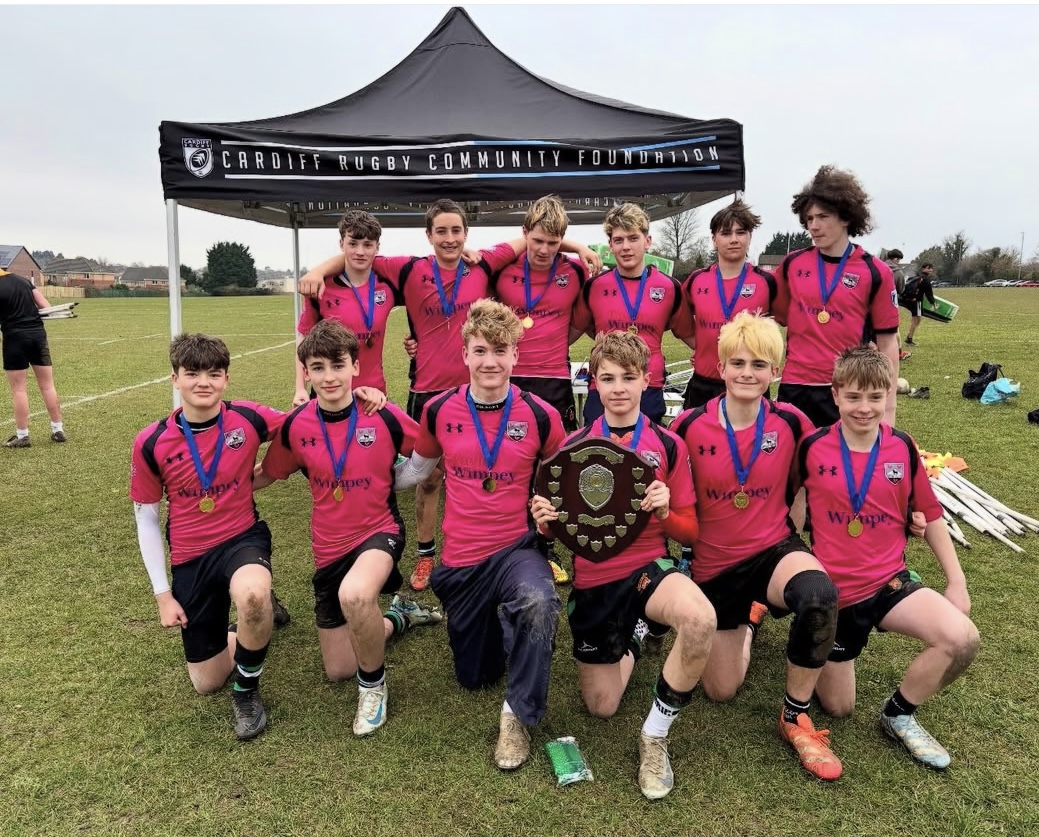
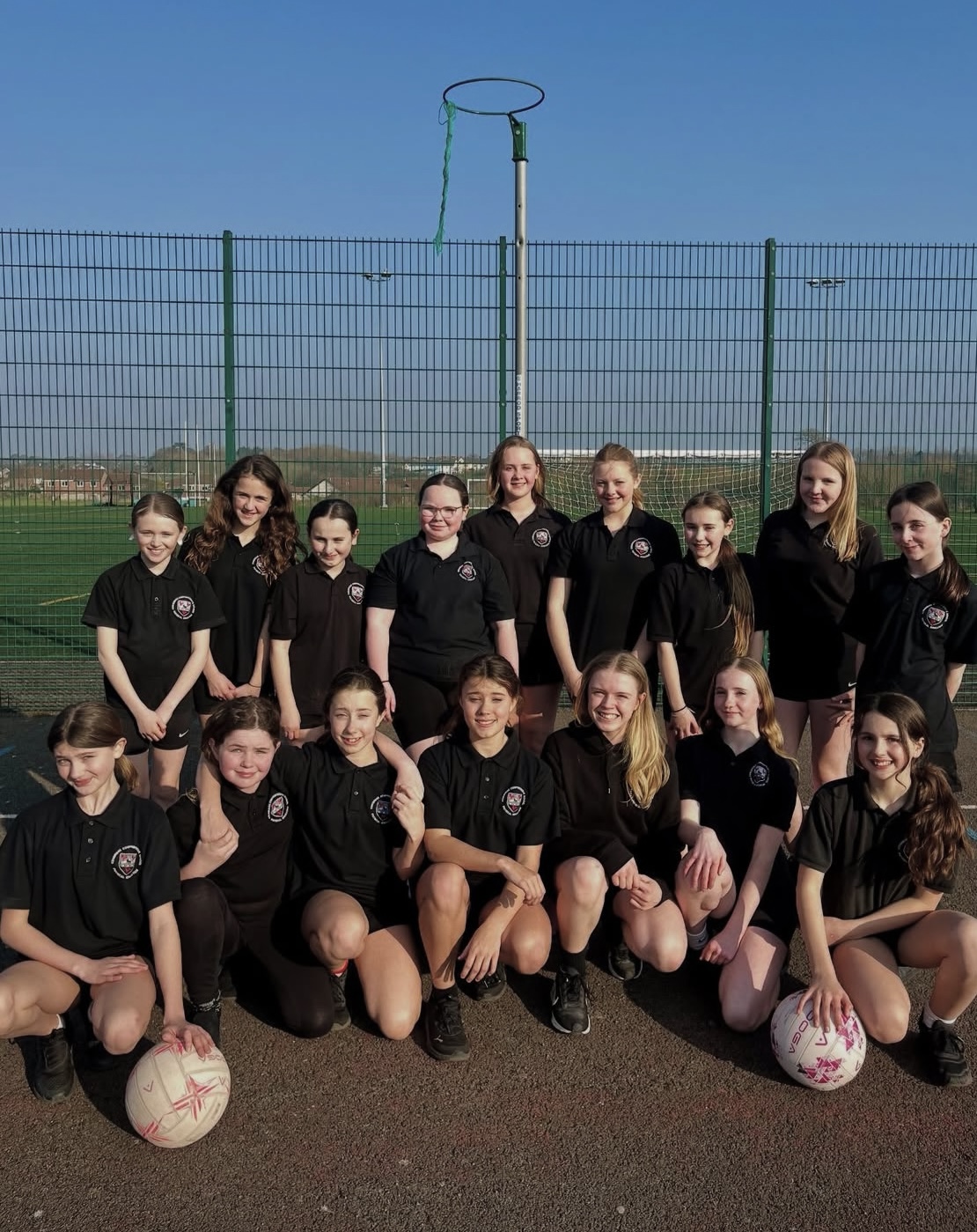
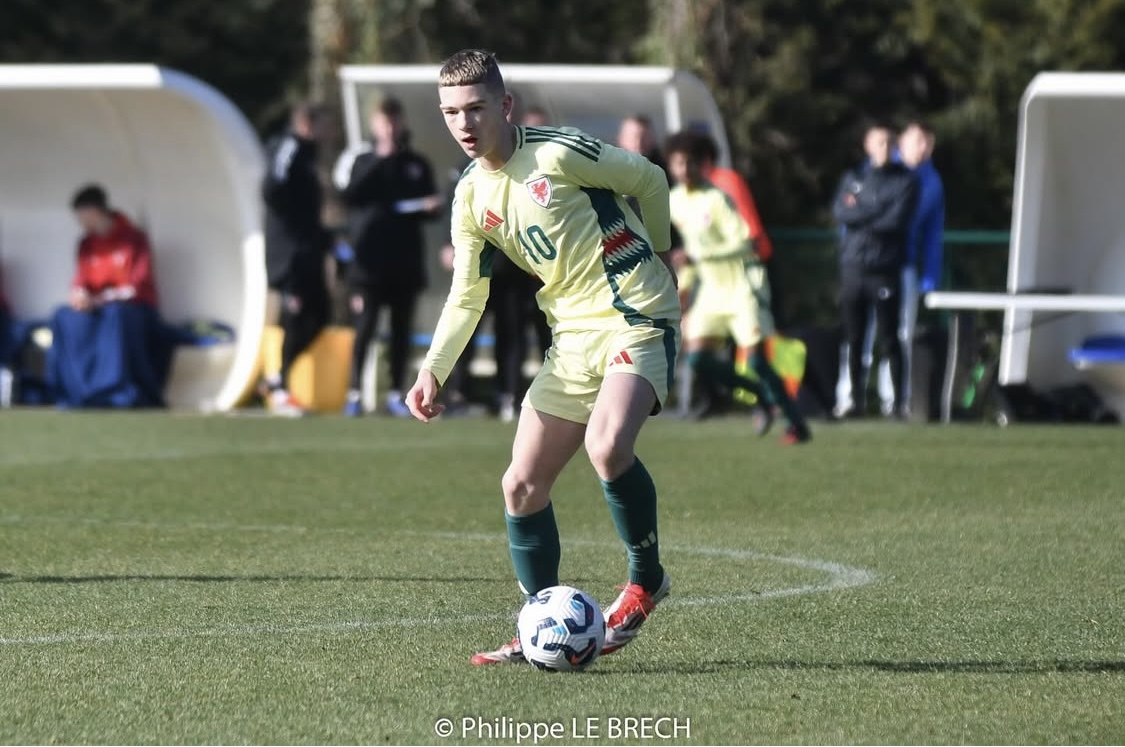
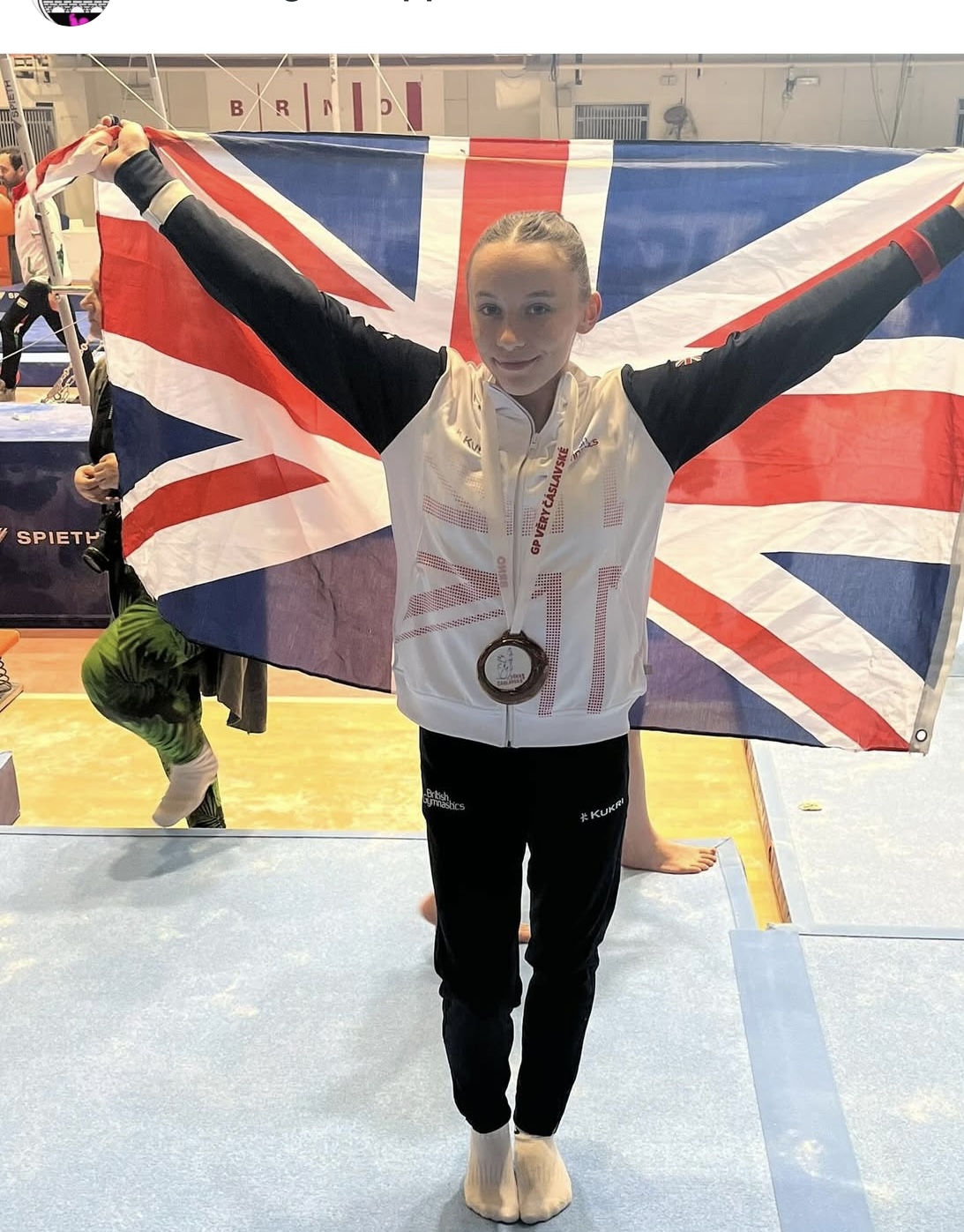
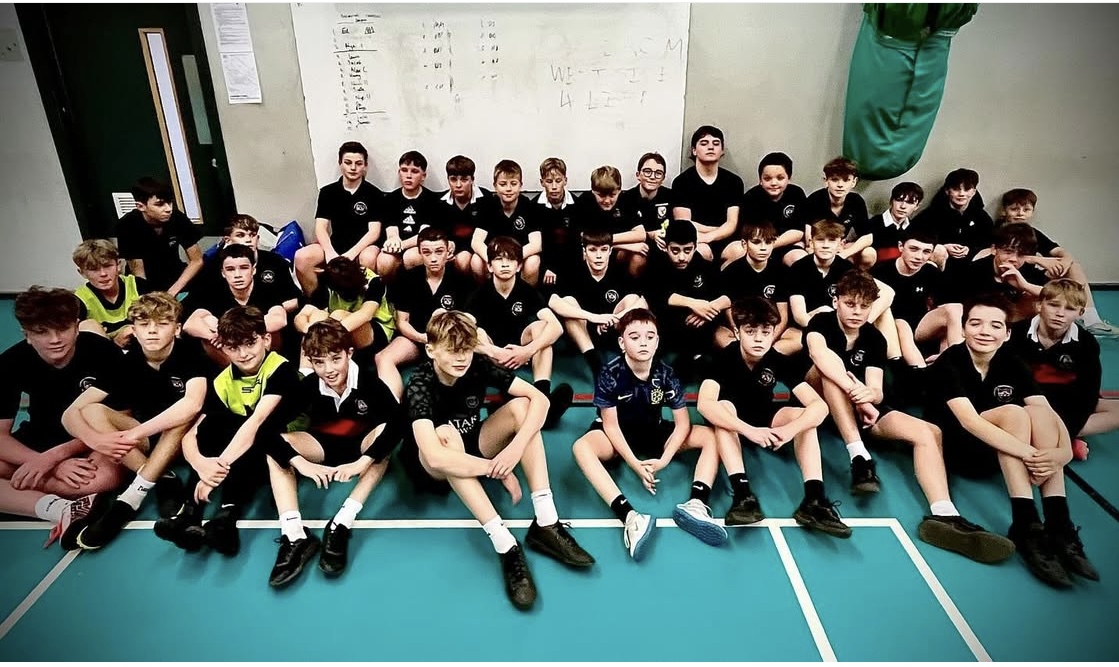
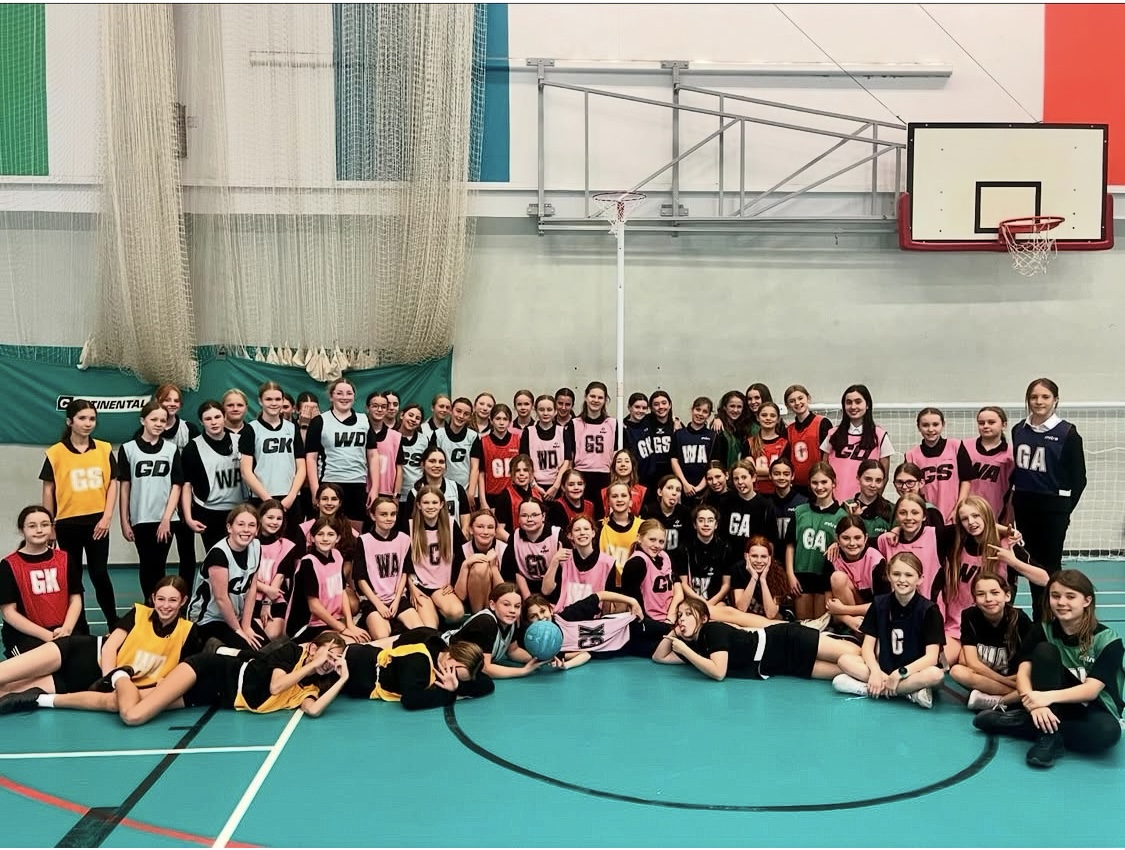
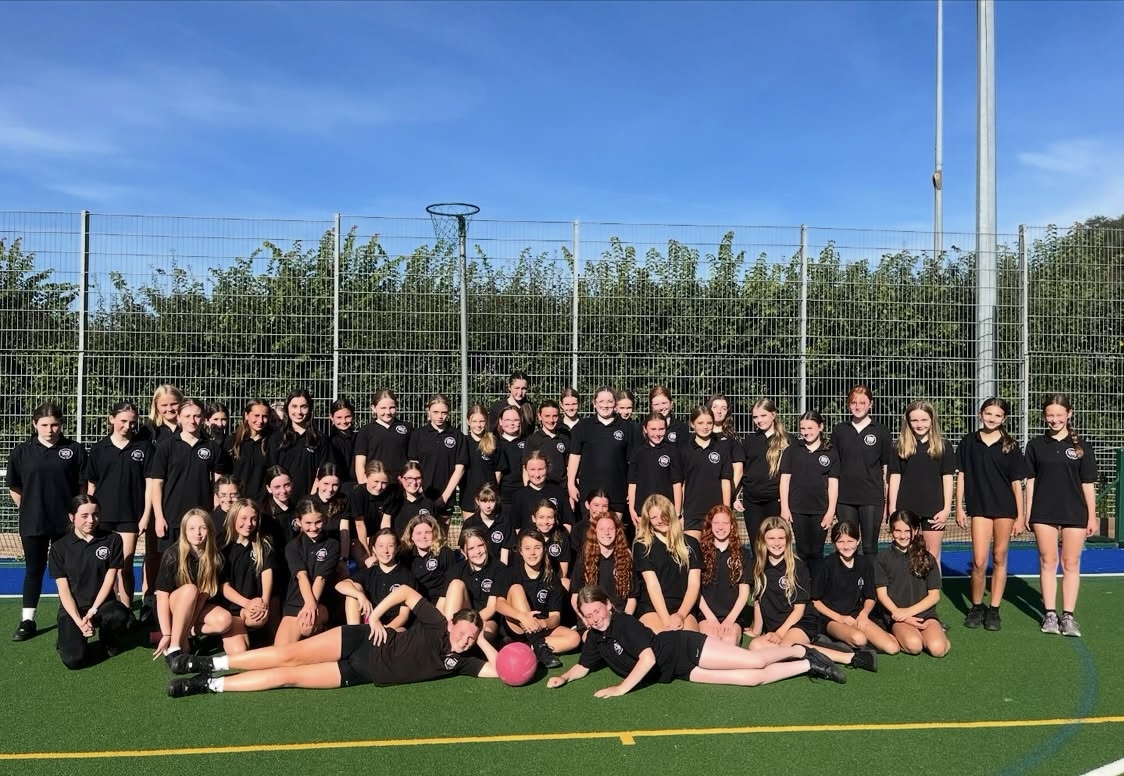
Curriculum and organisation of education and teaching methods
Additional Learning Needs
Additional Learning Needs (“ALN”) is 3.65% in school. There are 48 pupils in the school with Individual Development Plans (“IDPs”). The school ensures ALN is met through a variety of Additional Learning Provisions (“ALP”) and through person centred practice.
Firstly, through responsive teaching strategies; high quality teaching is the cornerstone of all support that pupils have access to. This is developed through both internal and external professional development. Teaching staff access ongoing training around responsive teaching strategies within the context of the school setting, curriculum change and subject specific approaches. All staff have had trauma-informed training through the School In Reach service, as well as accessing internal ALN continuing professional development (“CPD”) opportunities e.g. Effective Use of Learning Support Assistants in the Classroom. All relevant staff have had training from the Educational Psychologist within the school environment surrounding a range of emotional and behavioural difficulties such as Emotionally Based School Avoidance (“EBSA”) and bereavement. Key members of staff have also had further training from the Engagement Services for supporting learners with emotional needs. The ALN team, in collaboration with the Achievement Team works closely with all our families and liaises, where necessary, with a range of relevant professionals and incorporates relevant advice to support our pupils. There are monthly ‘Triage’ meetings, where relevant members of the ALN and Achievement Team meet to discuss key pupils identified by either parents or staff.
The school uses Google Classroom and Go4Schools for enhanced sharing of information regarding pupils with ALN. There is a ‘The Learning Support’ Google Classroom, where any training materials, resources and information about specific conditions or diagnosis are available to all staff. Staff can also access ‘toolkits’ from this area to support provision within the classroom environment, for example, differentiating materials. Any training attended by the ALNCo or other members of the ALN department is shared through the Google Classroom and within fortnightly ALN meetings, through an ALN bulletin. Teachers have access to live Pupil Provision documents that are updated on a needs led basis. These documents have links to the pupil’s most recent IDP, One Page Profile and other information regarding their difficulties and how to support them in class. Reports and information from specialist professionals, such as Specialist Teachers, Educational Psychologists or relevant medical professionals are shared with staff through the Pupil Provision document and are accessible via SIMs.
Staff implement strategies outlined through IDPs, reports from professionals and those working closely with pupils. ALP in line with Communication and Interaction, Cognition and Learning, Social Emotional and Mental Health and Sensory and/or Physical Needs is available for pupils on a needs-led basis and is delivered by a number of appropriately trained members of staff across the school. This provision can take place within the classroom through the close relationship between the teaching staff and learning support assistants or within the ALN department in the Tyfu provision. There is also enhanced pastoral support available through the Achievement Teams and two trauma informed trained members of staff, who work with pupils on a needs-led basis. The ALN department also has two qualified Emotional Literacy Support Assistants (“ELSA’s”) who deliver intervention support through the Tyfu provision.
Tyfu is where the ALN department is based. This is a school funded provision. It is supervised by staff at all times and is where interventions take place. The number of pupils and staff utilising the Tyfu areas varies throughout the day. Within the Tyfu area of school, there is a Visual Impairment Support room, two intervention classrooms, the Repair Room (regulation area) and a number of small offices. There is also a breakout area, where pupils are able to work independently using the electronic devices and any 3 other resources we have available. A number of pupils regularly access the breakout area in Tyfu during break and/or lunch periods as an alternative environment, which is supported by staff during these times. Targeted interventions for a wide range of needs take place in Tyfu, these include but are not exclusive to ELSA, Talkabout, 1:1 reading, Giglets, Lexia, small group spelling interventions, touch typing courses. The targeted interventions can be on a short or long term basis, dependent on need and are reviewed frequently in line with quality assurance processes within the ALN department and the school. There are a small number of pupils who follow a bespoke and targeted timetable through Tyfu provision. These pupils have access to bespoke packages targeting specific skills and likes/interests of the pupil, this is also ‘needs led’. Tyfu is currently based in the part of the new Lower School that is currently vacant until Years 4, 5 and 6 open. The space has lift access and appropriate toilet facilities for any medical needs. There are a number of communal and discreet toilet facilities located in different buildings across the school site.
Welsh language
At Cowbridge School, we continue to actively promote the Welsh language as a key part of our school’s identity and culture. Welsh is used regularly across the curriculum and in extracurricular activities, with staff encouraging pupils to engage with the language in everyday situations. During 2024, there was an increase in the number of events held through the medium of Welsh, such as eisteddfod competitions, themed weeks, and creative workshops. We have also continued to support pupils’ language development through staff training and stronger links with our Lower School pupils. We remain committed to nurturing a love of the language and ensuring that Welsh is a living, active part of school life.
Provision of school toilet facilities
The pictures below illustrate the newly refurbished toilets in Cowbridge school. The cleaning and maintenance and where possible the refurbishment of toilet facilities across the school ensures that we are compliant with Welsh Government’s statutory guidance entitled School toilets Good practice guidance for schools in Wales (2012).
Our toilets comply with the recent Supreme Court ruling on toilets in school where we must provide separate single-sex toilets for boys and girls over the age of 8 and single-sex changing facilities for boys and girls over the age of 11.
Our stated aim is to make school toilets accessible, clean and safe by encouraging the adoption of the highest possible standards. We have a duty to educate learners about how to best look after their own health and to respect the facilities provided to them. We recognise that we must provide learners with the appropriate facilities to encourage them to use their school toilets and to enable them to wash their hands with hot water thoroughly afterwards.
The school contracts via an external agency, a cleaner whose responsibility is to maintain the cleanliness of all school toilets across the school day. Our cleaning contract with industry specialists Mrs Bucket allows for cleaning to take place before, during and after school to provide the highest quality of cleanliness for all areas of the school, in particular the toilet areas. This cleaning regime means ensuring that the toilets are kept clean, stocked with soap, toilet paper and hand hand towels. Our cleaning contract requires the use of Virucidal cleaning equipment to ensure a clean, germ free environment and female sanitary products are provided free of charge in the toilets and via the school’s achievement teams (courtesy of the Vale of Glamorgan’s period dignity scheme). Several toilets offer disabled access.
Good practice across the school includes the following guidelines in relation to toilet facilities
• Toilets are open and accessible to all learners throughout the hours of school opening.
• Learners are always allowed to use the toilet, whenever they need to – with this message openly communicated to learners, teachers and parents/carers in the school toilet policy and on an ongoing basis. Teachers are issued with toilet passes to issue to children who need to use the toilets, although all pupils are required too use their breaks and/or lunch where possible to avoid missing important educational time.
• Toilet cubicles are private and have a door with a working lock that is easy for learners to operate from the inside but not easily opened from the outside by other learners.
• Washroom doors have a door hinge safety system or finger guards to prevent entrapment of fingers.
• Cubicles have walls and doors that cannot be peered over or under wherever possible. There shouldn’t be gaps around hinges.
• There are enough toilet cubicles for girls and boys to prevent significant queues during periods of peak use.
• Toilets are of sound construction so as to cope with a high volume of users.
• Sanitary fittings and fixtures are of good quality and of robust design. Maintenance and replacement costs need to be considered.
• Toilets and fittings are the right size and height for the learners expected to use them (size and height of toilets, basins, toilet tissue dispensers, etc.). All toilets have lids. (It is good practice for the lid to be closed when the learner flushes the toilet in order to minimise the spread of water droplets when flushing.)
• Toilet paper is provided in all toilet cubicles, at the start of a school day, and a process of re-supply is in place at a reasonable mid-point of the school day, unless re-supply is required through loss informed by a learner or member of staff.
• Soft toilet paper is provided.
• Washbasins are adjacent to all toilets and urinals.
• All wash basins are in working order.
• Every wash basin has hot and cold running water.
• If push taps are used, they stay on long enough for learners to wash their hands properly.
• Soap dispensers are replenished on a day-to-day basis and cleaned between refills (not simply topped up). Cartridge, liquid, disposable dispensers are most appropriate. Dispensers should be non-drip
• Toilets are supervised at break and lunchtimes to ensure the well being of users.
